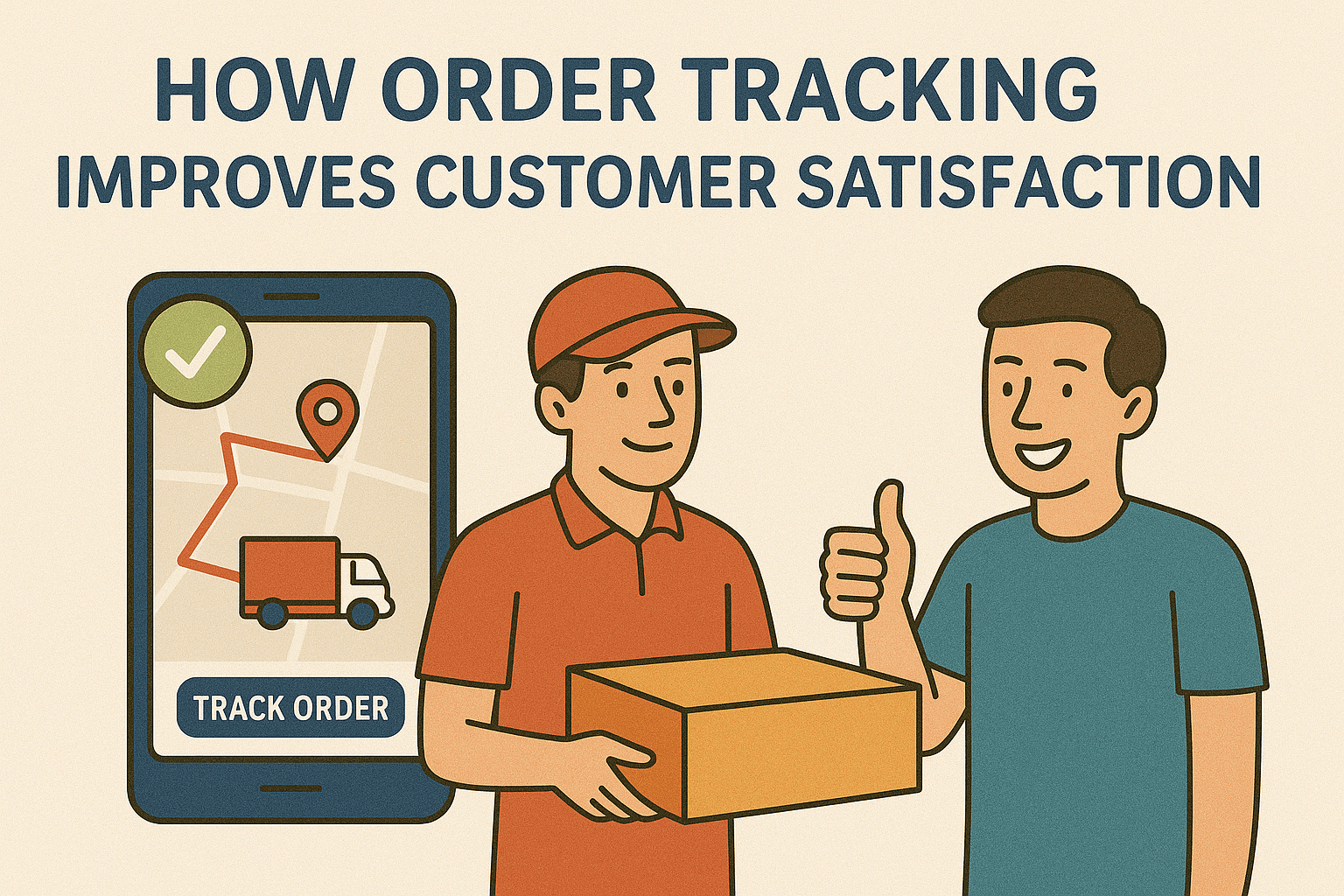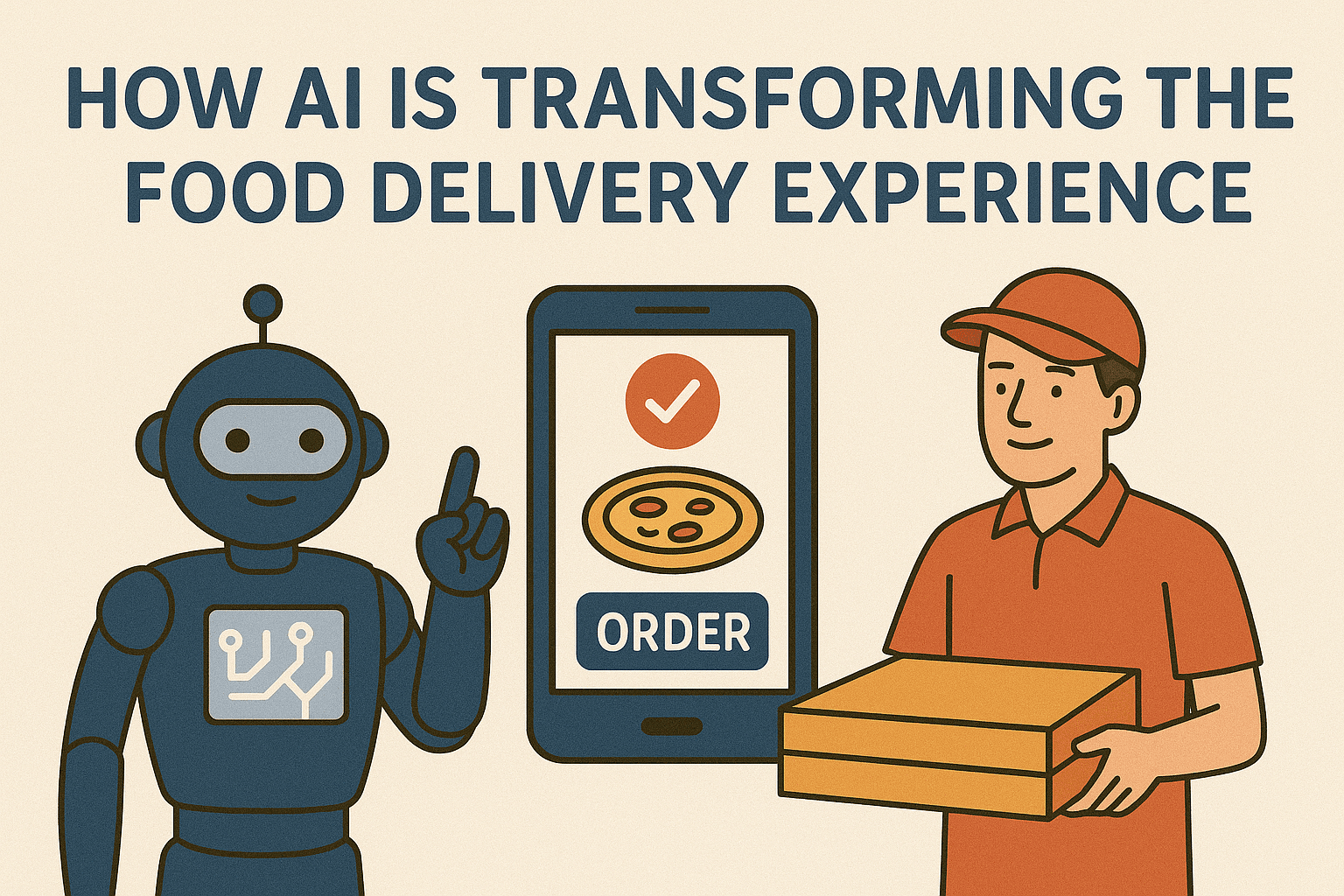In today’s fast-paced digital world, customers expect transparency, efficiency, and real-time updates when making purchases online. One of the most powerful tools that businesses can leverage to meet these expectations is order tracking. Order tracking not only provides customers with peace of mind but also enhances their overall shopping experience, ultimately boosting customer satisfaction and brand loyalty.
The Rise of Order Tracking in E-Commerce
E-commerce has transformed the way consumers shop, allowing them to buy everything from groceries to luxury items with just a few clicks. However, with convenience comes the expectation of fast and transparent service. Modern customers no longer tolerate uncertainty regarding their orders. They want to know where their package is, when it will arrive, and if there are any delays.
To address these needs, businesses have embraced sophisticated order tracking systems that provide real-time updates, estimated delivery times, and proactive notifications. These innovations ensure that customers remain informed and engaged throughout the entire order journey.
Why Order Tracking Matters
1. Enhances Transparency and Builds Trust
Trust is the cornerstone of any successful business, and transparency plays a crucial role in building it. By providing accurate tracking information, businesses reassure customers that their orders are being processed efficiently and are on their way.
When customers can track their orders, they feel more in control of their purchase. Knowing the exact location of their package alleviates anxiety and reduces the need to contact customer support for updates.
2. Reduces Customer Support Inquiries
One of the most common reasons customers contact support teams is to inquire about order status. A robust tracking system significantly reduces the volume of these inquiries by providing real-time updates.
Benefits to businesses:
- Fewer customer service tickets
- Lower operational costs
- Improved customer experience due to reduced frustration
By implementing order tracking, businesses can redirect resources from handling repetitive inquiries to focusing on more complex customer concerns, improving overall service quality.
3. Minimizes Delivery Anxiety
Customers experience delivery anxiety when they are uncertain about their order’s status. This is especially true for high-value purchases, time-sensitive deliveries, or international shipping.
Providing step-by-step tracking updates helps ease these concerns, ensuring that customers know exactly when their order is expected to arrive. A positive post-purchase experience fosters trust and increases the likelihood of repeat business.
4. Increases Customer Engagement and Brand Loyalty
Customers who receive real-time updates on their orders are more likely to engage with a brand. Many businesses have turned order tracking into an interactive experience by using branded tracking pages, personalized updates, and mobile notifications.
A well-designed order tracking system can increase touchpoints with customers, keeping them engaged with your brand even after making a purchase. When executed correctly, this builds a deeper connection with customers, leading to higher retention rates and increased lifetime value.
5. Reduces Negative Reviews and Chargebacks
Negative reviews often stem from poor communication and frustration over order issues. Customers who don’t receive timely updates about their orders are more likely to leave negative feedback, request refunds, or even initiate chargebacks.
By keeping customers informed every step of the way, businesses can reduce the likelihood of disputes and negative reviews, ultimately protecting their reputation and revenue.
6. Allows for Proactive Issue Resolution
Delays and issues in shipping are sometimes inevitable. However, how a company handles these problems can make all the difference in customer perception.
Advanced order tracking systems allow businesses to detect delays early and proactively inform customers about any changes in delivery schedules. Rather than waiting for complaints, businesses can offer solutions such as expedited shipping, discounts, or refunds to maintain customer satisfaction.
7. Supports Omnichannel Shopping Experiences
With the rise of omnichannel retail, customers expect seamless shopping experiences across multiple platforms. Whether they shop through an app, website, or in-store, they want consistent tracking updates.
A unified order tracking system ensures that customers receive the same level of transparency regardless of the platform they use, creating a more cohesive and satisfying shopping journey.
Features of an Effective Order Tracking System
Not all order tracking systems are created equal. To maximize customer satisfaction, businesses should implement tracking solutions that offer the following features:
- Real-time Tracking: Customers should be able to see live updates on their package location.
- Estimated Delivery Date and Time: Providing accurate ETAs helps customers plan accordingly.
- Mobile Notifications and Alerts: SMS and push notifications keep customers informed without them having to check manually.
- Branded Tracking Pages: A customized tracking page with company branding enhances the customer experience.
- Multi-Carrier Integration: Support for multiple shipping carriers ensures flexibility and wider coverage.
- Easy Access to Customer Support: A direct link to support options in case customers have questions about their delivery.
How Businesses Can Leverage Order Tracking for Competitive Advantage
1. Personalization & Customization
By integrating AI and data analytics, businesses can provide personalized tracking experiences. For example, sending recommendations for future purchases or exclusive offers via tracking pages can boost additional sales.
2. Social Proof & Customer Testimonials
Encouraging customers to leave reviews after a seamless order tracking experience can enhance credibility and attract more buyers.
3. Integrating Sustainability Tracking
Many consumers are concerned about the environmental impact of their purchases. Businesses can offer eco-friendly shipping options and display carbon footprint tracking to align with sustainable values.
4. AI-Powered Predictive Tracking
Using AI, businesses can predict potential delays before they happen and offer alternative solutions, providing a superior customer experience.
Conclusion: The Future of Order Tracking
The evolution of order tracking is far from over. As technology advances, customers will continue to demand greater transparency, faster deliveries, and more engaging post-purchase experiences.
By investing in robust order tracking systems, businesses can enhance customer satisfaction, reduce complaints, and build lasting relationships with their customers. In a competitive market, providing a seamless order tracking experience is no longer optional—it’s essential for success.
As customer expectations continue to evolve, companies that prioritize clear communication, real-time updates, and proactive issue resolution will gain a significant competitive edge. The businesses that excel in order tracking today will be the ones that customers return to tomorrow.


